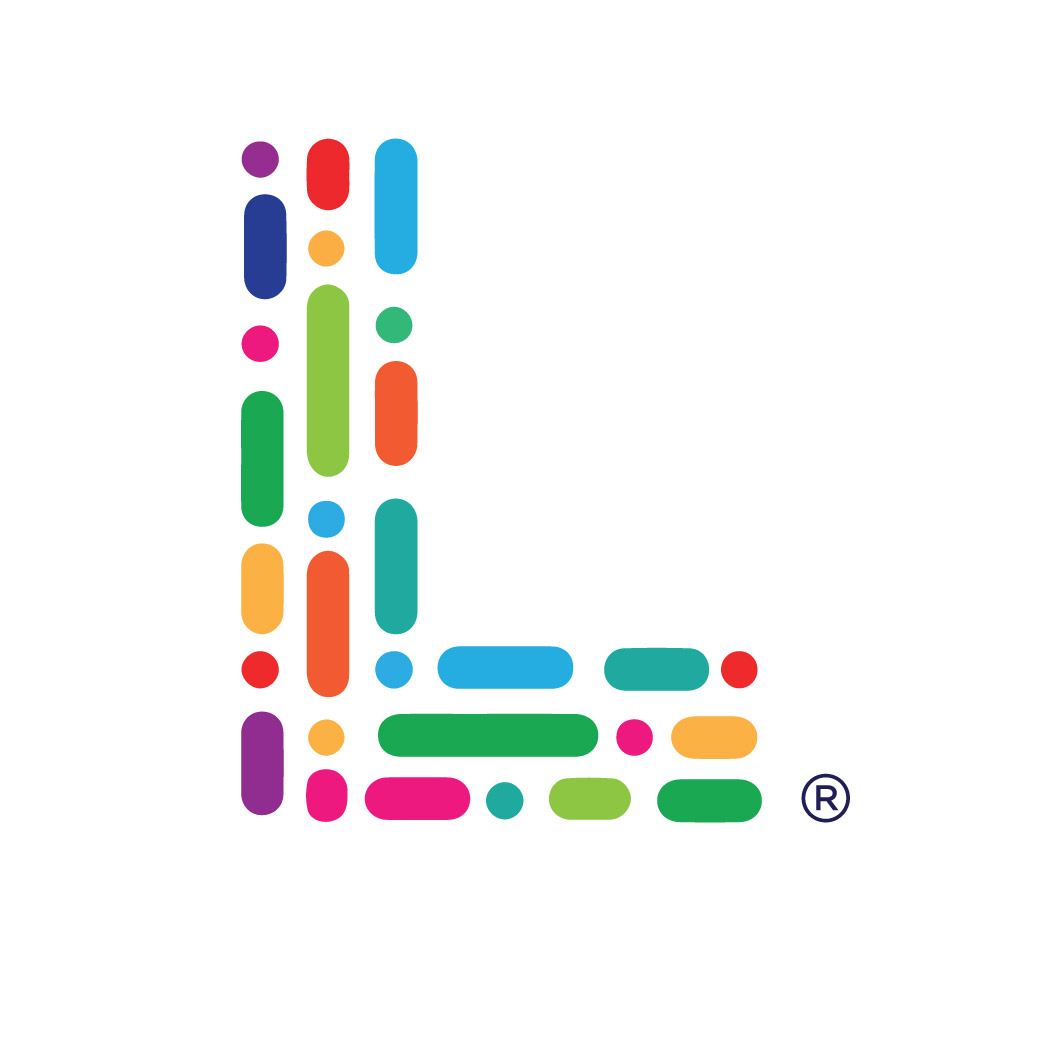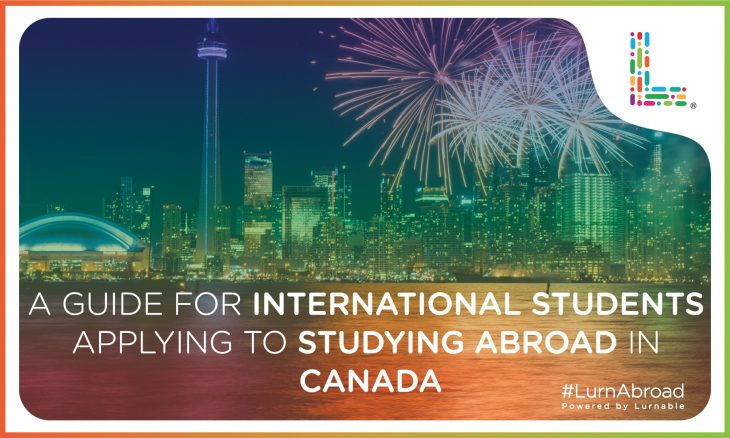Canada is a renowned destination for international study. The country offers a high quality and internationally recognized education, and boasts a friendly culture which embraces diversity. The country has even been recently ranked as the number 1 country for quality of life.
Canada is famous for sustainability, the country is ranked in the top 20 for global sustainable development. Recent reports also show that 79% of Canadian electricity comes from eco-friendly sources. As an international student studying in Canada, you can expect to learn in one of the leading countries for sustainability.
Studying in Canada sounds great! But what’s next? Our guide covers everything you need to know about how to study abroad in Canada. We will guide you through the application requirements, procedures, timeline and funding opportunities so that you can make a successful application.
Canada is a popular study abroad destination. Ranked #1 for quality of life, the country offers a high quality and internationally recognised education in a diverse and welcoming community. Our guide shows you the best application tips and study abroad funding options for your international education.
ENTRY REQUIREMENTS
- To study abroad in Canada, you will need your college qualifications. For most international students, this qualification will be your IB Diploma.
- If you do not have an IB Diploma, but have secondary or higher education qualifications, you are likely to qualify for university. Check your university requirements to see if you qualify for your course.
- The grade requirements for university admission differ depending on your university of choice. However, you will generally need 26-28 IB Diploma points (85% or equivalent) for entry onto most courses in Canada.
- If you did not obtain these qualifications, some universities will offer flexible admission. During flexible admission, your university will assess your qualifications, but will focus mostly on your experiences and how they show that you are right for the course.
- You could also apply for an open university. Open universities are entry level, meaning that they will take on students regardless of your prior secondary school qualifications. After your first year on your open university course, you have the option of continuing this course or (depending on your performance) transferring to your chosen university.
- You can also do an advanced placement course to qualify you for university.
- The following is an example of the entry requirements for the top university in Canada (according to the QS ranking system).
- The University of Toronto offers a diverse range of courses in Environmental Science and Sustainability.
- The minimum requirement for the majority of these courses is an IB Diploma score of 37. However, the university also offers several open university courses which are more relaxed on qualification requirements.
- Most Canadian courses are taught in English, however, there is an abundance of French taught courses, particularly in Québec. You will need qualifications to show that you are proficient in the language of your course (English or French).
- Most Canadian universities are flexible for English Language requirements, and will accept students who have taken exams such as the Duolingo English Language test.
- Canadian universities will also accept students who have been educated in English speaking countries for a specific amount of time. However, some elite universities can be stringent on language requirements so ensure that you check your university requirements.
- The most commonly accepted English Language Qualifications are provided by IELTs and TOEFL.
- The general admission score required for Canadian universities is:
- IELTs 86-100
- TOEFL 6.5
- The most commonly accepted French proficiency exams are TEF and TEFAQ.
- The general score required for Canadian university admission from these exams is 400.
- You usually will not be required to do aptitude tests for admission onto Environmental Science courses in Canada. However, this may vary amongst different universities so ensure that you check your chosen university’s admission requirements.
- For undergraduate study, most universities will not require you to write a Statement of Purpose.
- However, some universities may request that you write one. Moreover, most universities specify that you must write a Statement of Purpose for Postgraduate study.
- Check your university webpage to find out if you need to write a Statement of Purpose for your course.
- Here are some tips, should you need to write a personal statement.
- Your statement of purpose should explain why you want to want to do the course, your future ambitions and proof that you are the right candidate for the course (your current achievements).
- Your personal statement is crucial, and will likely be the thing to set you apart from other candidates.
What’s next?
There are several options for you to boost application and really make it stand out from the crowd.
- One of which is getting experience within the industry (jobs, internships, local competitions). This will give you lots of work experience which you can write about in your personal statement. It will also allow you to see practical real-world perspectives within your subject which will be useful for your university studies.
- Another brilliant idea is to surround yourself with media about your favourite topics within Environmental Science. This is incredibly useful for writing your personal statement as it will broaden your knowledge and allow you to show your interest in the subject.
- Learning is not just about trawling through research, watch educational videos, read Environmental Science magazines and go to local Science events. You could even attend local lectures. As long as this feeds your passion and widens your knowledge, you should be on the right track. There is no right answer when it comes to broadening your horizons.
ENTRANCE EXAM
Students are not commonly required to take aptitude tests to apply for Environmental Science courses. However, university admission requirements vary so check your university website for their requirements.
Most international students are required to take language proficiency tests in the language that their degree is taught in.
- For English Language qualifications, the most commonly accepted exams are TOEFL and IELTS Exams. These exams will assess your English Listening, Reading and Writing skills.
- IELTS Exams:
- Time Length – The test takes approximately 3 hours to complete.
- Cost – The general international cost of this test ranges from £105-£233 GBP. Fees vary depending on the country in which you take this exam.
- Score Required – The standard score required for university admission in Canada is 86-100.
- TOEFL Exams:
- Time Length – The exam will take you approximately 3 hours to complete.
- Cost – The general price range of this test is £120-£169 GBP. Fees will vary depending on where you take the exam.
- Score Required – The generally required score for university admission is 6.5 (Canada).
- For French Language qualifications, most universities will accept TEF and TEFAQ Exam results. These exams will assess your French Listening, Reading, Speaking and Writing skills.
- TEF Exams:
- Time Length – The exam will take you approximately 4 hours to complete.
- Cost – The general price range of this test is £295 GBP. Fees will vary depending on where you take the exam.
- Score Required – The generally required score for admission is 400 (Canada).
- TEFAQ Exams:
- Time Length – The exam will take you approximately 1-2 hours to complete.
- Cost – The general price range of this test is £180-£460 GBP. Fees will vary depending on where you take the exam.
- Score Required – The generally required score for admission into Canadian universities is 400.
- For more information about French proficiency language tests, such as how to register and find your local center, follow the TEF official websites. TEF Québec – Le français des affaires (lefrancaisdesaffaires.fr) TEF Canada – Le français des affaires (lefrancaisdesaffaires.fr).
Students who have been educated within an English or French speaking country for at least 4 years may be exempt from the need to take language proficiency tests.
Preparation:
- The preparation time for language exams is approximately 2-3 months. However, it is recommended that you begin preparation 5-6 months prior to your exam so that you have time to re-sit the exam, should you need it.
- To prepare adequately, ensure that you do plenty of revision and practice mock exams.
- Here are some revision tips:
- Practice listening by watching videos and translating them.
- Read articles and books in English.
- Read up on the rules of English grammar.
- Practice your writing.
- Take certified online courses to help you learn English.
- Take advantage of free apps which can help you practice your language skills (such as Duolingo & Rosetta Stone).
Students who did not qualify for university admission can take the advanced placement exam.
Your university will specify which examination subject you will need to take to be eligible for admission on to the course. You must check your course webpage to ensure that you sit the correct exam for the course. Below is a list of key information about the exam.
- Advanced Placement Exams:
- Time Length – The exam will take you approximately 1:30-3:20 hours to complete.
- Cost – The general price range of this test is £74-£97 GBP. Fees will vary depending on where you take the exam.
- Score Required – For Canadian university admission, a score of at least 4 is generally required on this test. However, most universities will allow you to add this score as credits contributing towards your degree.
- Preparation:
- It generally takes 1-3months to prepare for the advanced placement exam depending on your examination subject.
- To revise well for the exam, ensure that you get a good understanding of what will be assessed. A good way to organize this is by bullet pointing the key topics which you will need to understand for the exam.
- Once you know what to expect in the exam, learn about the topics in depth. Everyone learns differently, so make sure that you learn in a way that suits you. For instance, you could read textbooks and research the topic. Or maybe if you are a visual learner, you could watch videos and find useful diagrams about your topics. For kinesthetic learners, you may even want to teach someone else about your important exam topics or practice mock exams!
- Repetition is key – make sure to go over your knowledge so that it is second nature once you come to sit your exam.
APPLICATION PROCEDURE
To apply for university as an international student, you will need:
- Copy of your Passport
- Language Test Results and Certificates
- CV
- Letter of Recommendation
- Secondary Education Certificates and Transcripts (Undergraduate Study Only)
- Proof of Funding
- Letter/s of Recommendation
- Writing Samples (if Required)
- Statement of Purpose (Master’s only – unless you are studying in British Colombia)
- Undergraduate Academic Transcripts
- University Application Form
- Credential Evaluation report
Some universities may require you to take part in an interview.
- Before you can apply to study abroad in Canada, you will need to arrange a credential evaluation report.
- There are several agencies which offer evaluation services recommended by the Canadian government Apply for immigration under the Federal Skilled Worker Program (FSWP) (cicic.ca)
- These reports typically take 1-3 weeks to process before your international student application.
- In Canada, you will generally be required to apply to study abroad directly to your university via their website. Most universities will provide you with an application form on their website. If you cannot find this form, contact your university directly as most universities will require you to complete a form.
- Most universities will require you to submit your application documents with this application form on the university website or via email.
- It is important to note that some states may have different admission procedures for international students. This will be specified on your university website.
- Next, you will need to begin applying for your visa to study abroad in Canada.
- For more information about visa applications, visit the Canadian Government website Application to Study in Canada, Study Permits.
- Following this, you are likely to be a successful applicant! Your university will contact you with a university offer which you can accept or decline. Well done!
- Now you must arrange your health insurance, transport and accommodation.
- Some of you may be unlucky enough to have your university application rejected. This can happen to anyone and is very frustrating. But do not give up yet, you still have options!
- One option is to take an advanced placement assessment to boost your qualifications.
- If you where qualified for your course, it could be useful to take a gap year and get some industry experience. When you come to apply next year, this may well be thing that makes your application successful and stand out from the crowd.
- Another brilliant option for struggling international students is to apply for open university courses.
This is the standard academic route for international university admission, however, you may also be able to access your degree by other means. Contact your university for their advice.
APPLICATION DEADLINE
The standard deadline for submitting your university application is March 1st. Universities vary by application deadlines, so ensure that you check your university website for their specified deadline.
APPLICATION TIMELINE
- Language Tests: 1st September. Now is the time to register and prepare for your language exams.
- Secondary School Results Day: 6th July. Your IB Diploma (or equivalent) results will be announced around this time. Keep a safe copy of your qualification transcripts and certificates for your application.
- Credential Evaluation Report: 10th November. You will need at least 3 weeks to arrange and acquire your credential evaluation report before you begin your application.
- Begin Application: 1st December. You will need at least 3 months to shortlist your chosen university, collect your application documents and write your statement of purpose (if required).
- Interviews: 1st December – 1st March. Some universities may ask you to take part in a compulsory interview within this time period.
- Application Deadline: 1st March. This is the general time by which you will be required to submit your university application.
- University Places Announced: 1st March – 1st May. University offers will be announced during this time-scale.
- University Enrollment Begins: September.
- The chances are, you have been offered a place on your course! Well done! Your hard work has paid off! Now you must arrange your accommodation, health insurance and transport.
- If you was unfortunate enough to have your application rejected, now is the time to pursue alternative options. You can take an advanced placement course or apply to open universities. You may even decide that you wish to take a gap year to get some industry experience.
In Canada, you may also have the opportunity to start your degree in Spring or Winter. Our application timeline will help you enroll to study abroad in Autumn. Should you wish to enroll in Spring or Winter, you will need to adjust your schedule to these enrollment times.
This timeline does not include 2 other essential preparations you must make; international student visa applications and arranging funding (e.g. by applying to international student scholarships etcetera). You must ensure that you begin this as soon as possible.
This is the standard preparation needed for studying abroad, but there may be other modes for obtaining your Degree in Canada.
FEES FOR INTERNATIONAL STUDENTS
The standard fees for international students studying Batchelor’s courses in Canada range from approximately 1,500-55,000 CA$ per year. The standard Postgraduate study fees range from approximately 2,400-59,000 CA$ per year. Fees vary amongst Canadian universities, so ensure that you are aware of your chosen university’s fees.
SCHOLARSHIPS AVAILABLE FOR INTERNATIONAL STUDENTS
With your university preparation in place you may still feel uncertain about studying abroad. Here, it is common to find yourself thinking, ‘how am I going to fund my course?’ We’ve all been there, luckily there are several options out there to fund your studies.
Your eligibility for different scholarships will vary depending on your grades, potential, income, country of residence, situation and gender. There is an abundance of universities and organisations who offer scholarships to a diversity of different international students. It is likely that there several international student scholarships just waiting for you, so do not miss out on this opportunity!
For a list of some of the international study scholarships offered in Canada, and more information on how to apply for scholarships. Follow this useful Canadian Government website.
International scholarship opportunities for non-Canadians (educanada.ca)
We hope that our article has offered you the advice needed to feel confident in your study abroad options. Our goal is to ensure that you feel reassured in your choices and that you are given the tools needed for a successful application. If Canada did not seem right for you, we also provide guidance for study in several other countries. Explore our website for our free international study abroad advice.

If you are considering studying abroad why don’t you discuss your prospects and opportunities with experts at Lurnable’s dedicated study abroad counselling division LurnPathways?






